BLOG
5 Ways To Protect Our Water
There are 3.8 million acres of turf in the Chesapeake Bay watershed, so minimizing the use of pesticides and fertilizers and reducing stormwater runoff from lawns is vitally important for local and regional water quality.
Prince George’s County is located on the Anacostia River Watershed, a rich natural area that is part of the Chesapeake Bay Watershed. Watersheds are natural filtration systems, supply our drinking water and water for agriculture and manufacturing, offer opportunities for recreation, and provide habitat to plants and animals. Because of this, every action we take to help (or harm) the Anacostia River Watershed affects the Chesapeake Bay Watershed and the 18 million people who live, work, and play there.
Here are ways you can help keep this crucial ecosystem clean:
Become Stormwater-Wise
What happens when rain hits your yard? Where does it collect and where does it run off? Does the water pool anywhere? Do you have any eroding slopes? To learn more about assessing your yard for stormwater problems, attend a Stormwater Audit.
Make Your Lawn a Sponge
There are 3.8 million acres of turf in the Chesapeake Bay watershed, so minimizing the use of pesticides and fertilizers and reducing stormwater runoff from lawns is vitally important for local and regional water quality. Learn how to save money and improve your lawn at a Lawn Care Clinic.
Install Landscape Practices That Capture Stormwater
Rain barrels, trees and rain gardens can slow stormwater down, spread it out and soak it into the ground. The Prince George’s County Rain Check Rebate Program makes using these and other practices more affordable than ever.
Make Your Landscape a “BayScape”
Lush native plantings can soak up to 14 times more stormwater than a typical lawn. Instead of using lots of fertilizer, pesticides and water to make exotic plants grow, choose native plants that will thrive in the conditions you already have. Find more information on BayScaping.
Pick Up After Your Pet
It’s more than being neighborly: Pet waste contains bacteria and other pathogens. In fact, just 1 gram of pet waste contains an average of 23 million fecal coliform bacteria. Large amounts of fecal bacteria in a stream indicate an increased risk of pathogen-induced illness New York State DEC (PDF). Gastrointestinal, respiratory, eye, ear, nose, throat, and skin infections can result from contaminated water. This is one reason it’s not safe to enter waterways right after it rains.

